1. Paul McCartney’s Japan Arrest Got Him Banned for a Decade
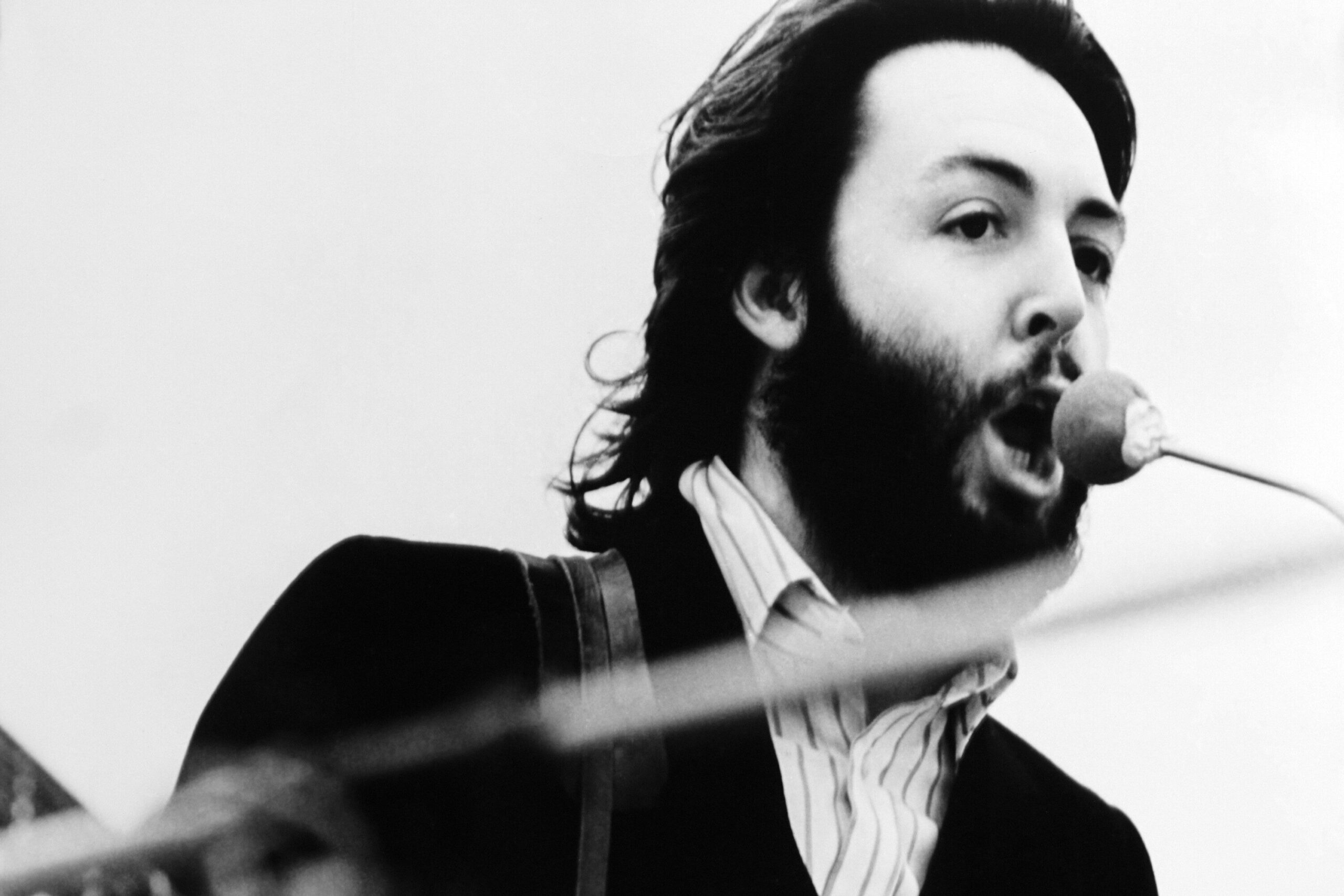
Paul McCartney was no stranger to controversy, but in ’80, he pushed his luck too far when he arrived in Japan with nearly half a pound of marijuana in his luggage. Japanese authorities arrested him immediately, and he spent nine days in jail before being deported without standing trial. The bust was a huge scandal, and it resulted in McCartney being banned from entering Japan for the next ten years. Fans were devastated, as he had planned a tour with Wings that had to be scrapped says Ultimate Classic Rock.
McCartney later admitted he had been foolish to think he could get away with it, but at the time, he didn’t expect such a severe reaction. Japan had notoriously strict drug laws, and even though he was a former Beatle, there was no special treatment. His ban was eventually lifted in the ’90s, and he was able to return and perform. However, it was a harsh lesson in international travel and the consequences of bending the rules.
2. The Rolling Stones Were Unwelcome in Japan After Riots
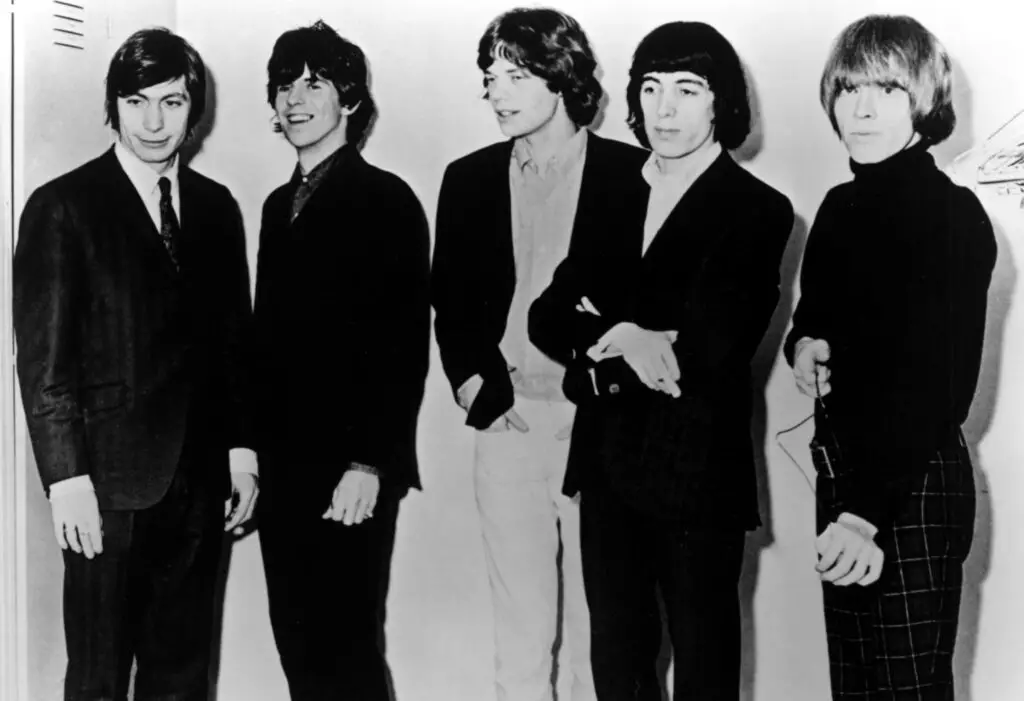
The Rolling Stones had a reputation for wild behavior, and Japanese officials wanted no part of it in the ’70s. When the band attempted to book concerts in Japan, authorities refused to grant them visas due to concerns over their history of drug use and the chaos that followed them. It didn’t help that in ’66, when their concerts were first announced, riots broke out among fans desperate to get tickets. That incident made Japan hesitant to let them back in adds Far Out Magazine.
Mick Jagger and Keith Richards both had past drug-related arrests, which only made things worse. The ban lasted well into the ’80s before they were finally allowed to perform in Japan. By then, their image had softened just enough for officials to take the risk. The Stones may have been rock royalty, but Japan wasn’t rolling out the red carpet for them anytime soon.
3. Elvis Costello Got Himself Banned from Saturday Night Live
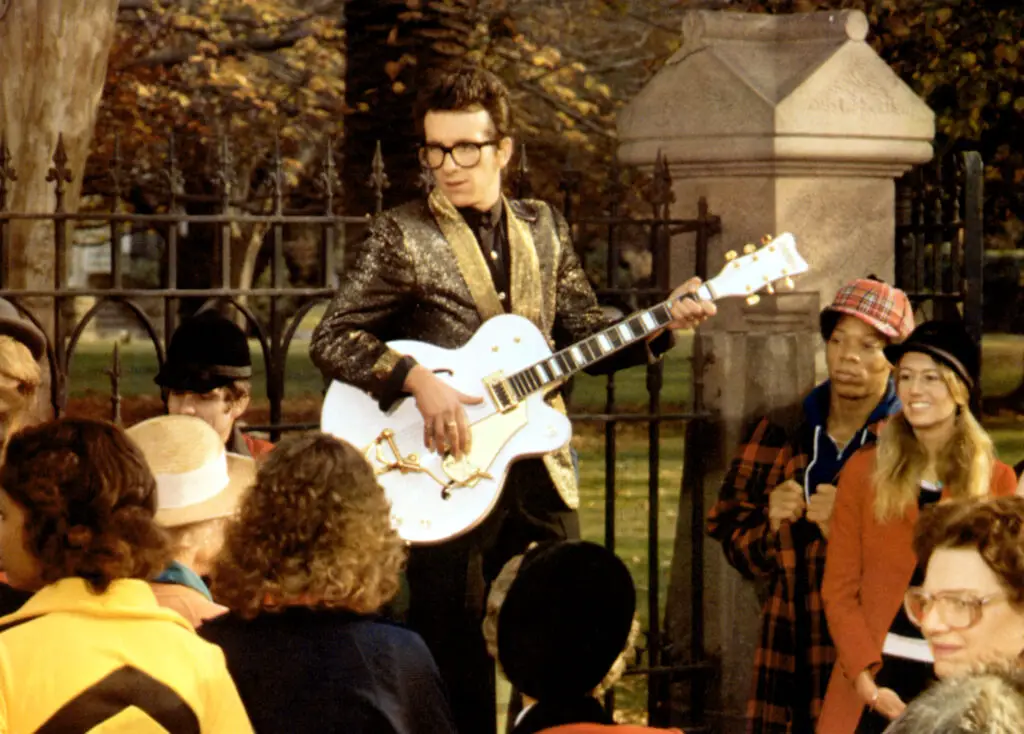
Elvis Costello made headlines in ’77 when he was booked as the musical guest on Saturday Night Live. The producers expected him to perform his song “Less Than Zero,” but he had other plans. Just seconds into the performance, he abruptly stopped the band and launched into “Radio Radio” instead—a song that criticized corporate control of the airwaves. NBC was furious, and he was immediately banned from the show shares the New York Times.
Costello later admitted that he did it as a rebellious statement, inspired by punk rock’s anti-establishment ethos. While his actions got him blacklisted from SNL for over a decade, they also cemented his status as a daring artist. He was finally invited back in ’89 and even made fun of the stunt by recreating it with the Beastie Boys. But at the time, it was one of the most shocking live TV moments of the decade.
4. Led Zeppelin Was Banned from the Hyatt House in Los Angeles

Led Zeppelin’s offstage antics were just as legendary as their music, and no place knew that better than the Hyatt House in Los Angeles. The band treated the hotel like their personal playground, with wild parties, trashed rooms, and rumors of motorcycles being ridden through the hallways. The infamous hotel, nicknamed the “Riot House,” eventually had enough and banned them from staying there altogether.
Robert Plant and Jimmy Page were reportedly among the worst offenders, leaving behind massive damages that the hotel management grew tired of fixing. Zeppelin wasn’t the only band to go overboard at the Hyatt, but they were among the few actually banned. The restriction didn’t stop them from continuing their wild ways at other hotels across the world. If anything, it only made their legend grow.
5. Alice Cooper Was Banned from Australia Over His Stage Show
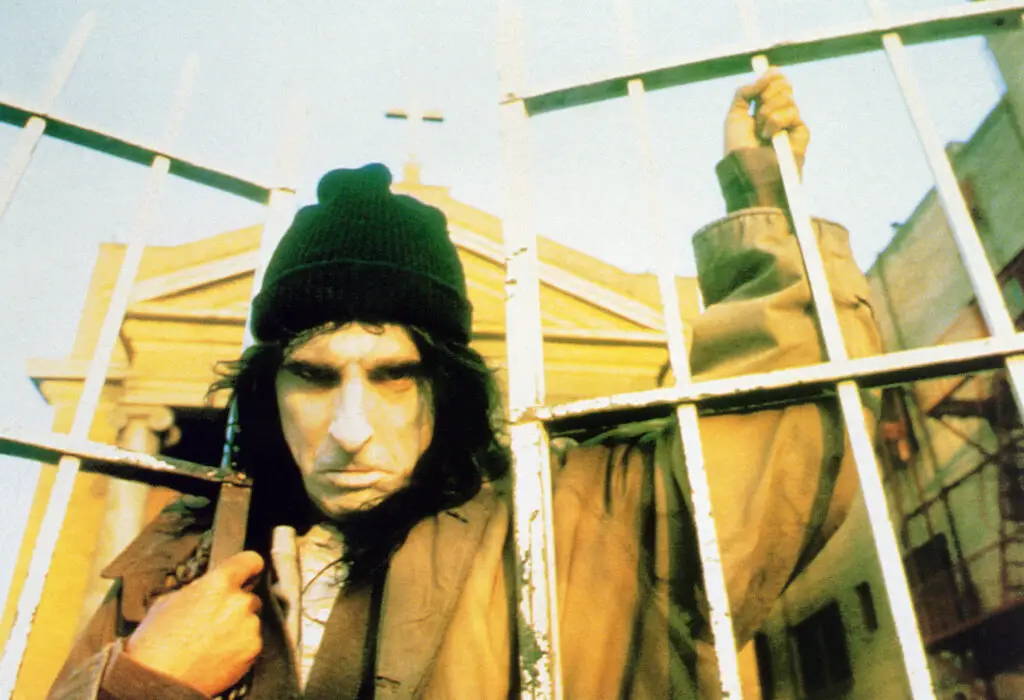
Alice Cooper’s shock rock act was always controversial, but Australia wasn’t having it in the ’70s. When he tried to tour there in ’75, the country’s government declared him “not suitable” for audiences and refused to let him in. His concerts featured fake executions, blood, and other horror-themed antics that officials worried would corrupt the youth. The ban was a massive blow to his growing international fame.
Cooper fought back, arguing that his show was pure theater and not meant to be taken seriously. The controversy only fueled interest in his music, and he eventually managed to perform in Australia in later years. By then, his brand of theatrical rock had become more accepted. But in the mid-’70s, he was seen as a genuine menace to society.
6. Jim Morrison’s Miami Arrest Got The Doors Banned from Several Cities
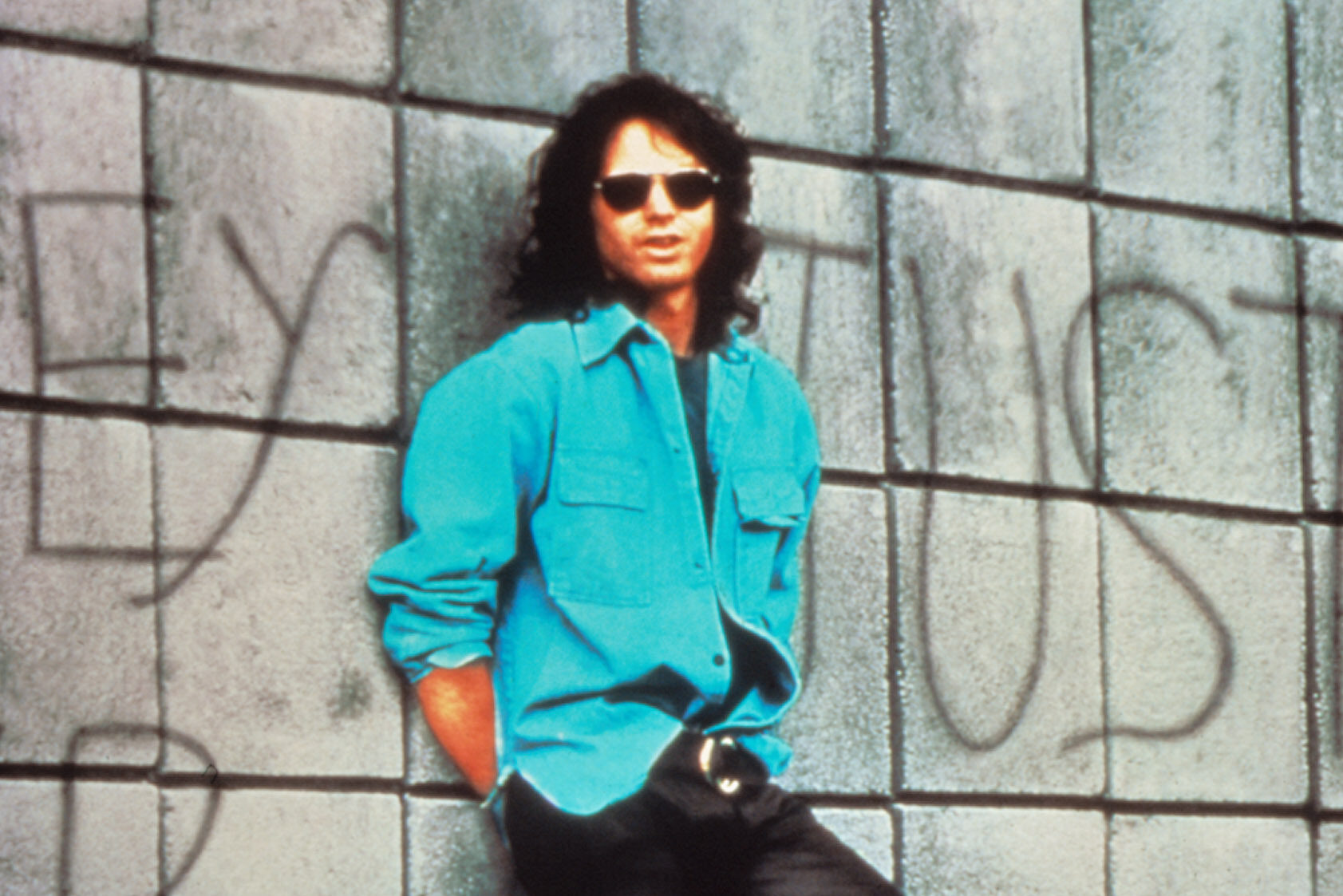
Jim Morrison’s infamous Miami concert in ’69 led to a string of bans across multiple cities. During the show, Morrison reportedly exposed himself on stage, leading to an arrest for indecent exposure and profanity. The scandal made national news, and The Doors quickly found themselves blacklisted from several major venues. Promoters feared another incident, and many cities outright refused to let them book shows.
The Miami arrest haunted Morrison for the rest of his career, with legal battles dragging on for years. He eventually left for Paris in ’71, where he died shortly after. The controversy never fully faded, and the incident became one of rock’s most notorious moments. Even today, it remains a defining part of Morrison’s wild legacy.
7. Bruce Springsteen Was Banned from the Los Angeles Times
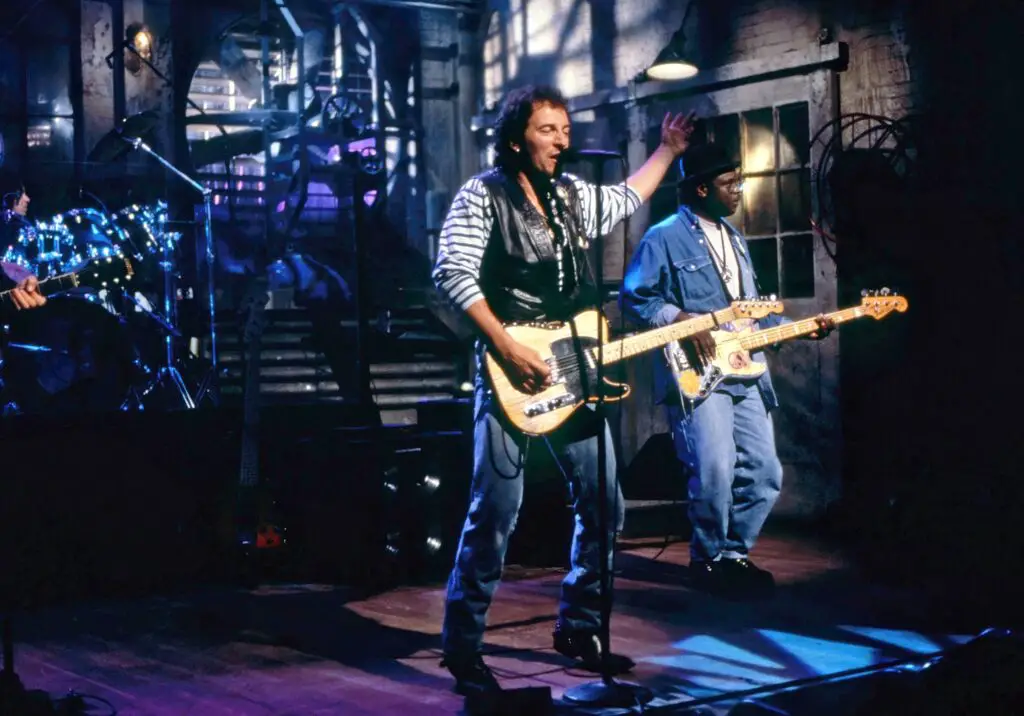
Bruce Springsteen may be known as rock’s everyman, but in the late ’70s, he found himself banned from the Los Angeles Times. The newspaper’s music critic, Robert Hilburn, had been covering Springsteen enthusiastically, but editors worried that the coverage was biased. In response, they banned all future articles about him for a time, leading to a strange blackout in one of the country’s biggest papers.
Springsteen himself had nothing to do with the controversy, but the ban still became a bizarre footnote in his career. Fans and other journalists called out the paper for being unnecessarily harsh. The restriction eventually lifted, but it showed just how much influence music critics had in the pre-internet era. Even The Boss wasn’t immune to editorial decisions.
8. Iggy Pop and The Stooges Were Banned from Detroit’s Grande Ballroom
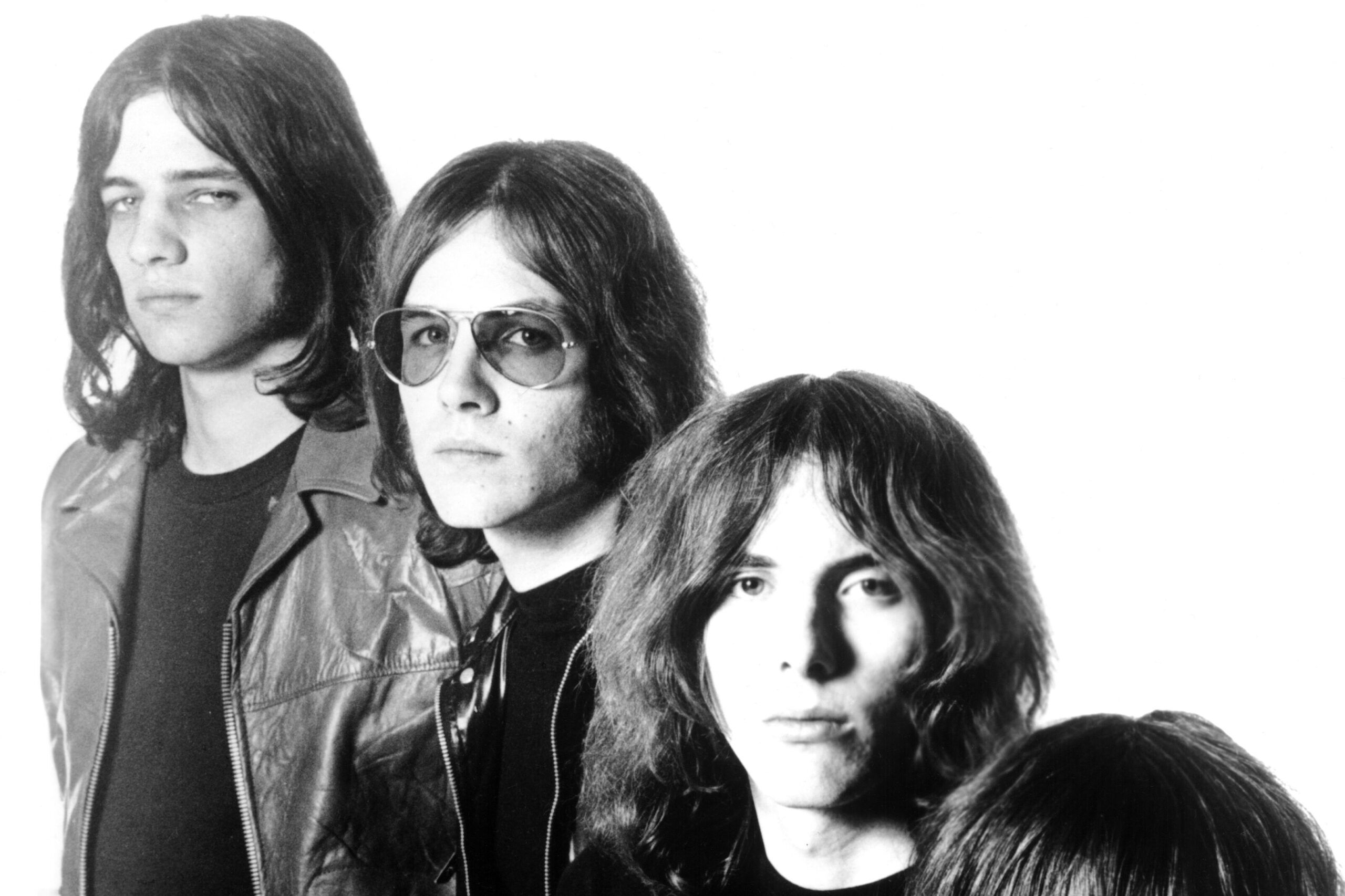
Iggy Pop and The Stooges were known for their chaotic live performances, but their antics at Detroit’s Grande Ballroom pushed things too far. During a show in ’73, Iggy taunted a biker gang in the audience, resulting in a full-blown fight breaking out. The incident got so out of hand that management decided to ban The Stooges from ever performing there again.
Iggy had a reputation for stirring up trouble, and this was just another example of his confrontational style. He often dived into crowds, smeared himself with peanut butter, and did whatever it took to shock audiences. While The Stooges’ ban from the Grande Ballroom didn’t end their career, it was a sign that not every venue was willing to handle their level of chaos.
9. Keith Moon Was Banned from Holiday Inns After a Birthday Party Disaster
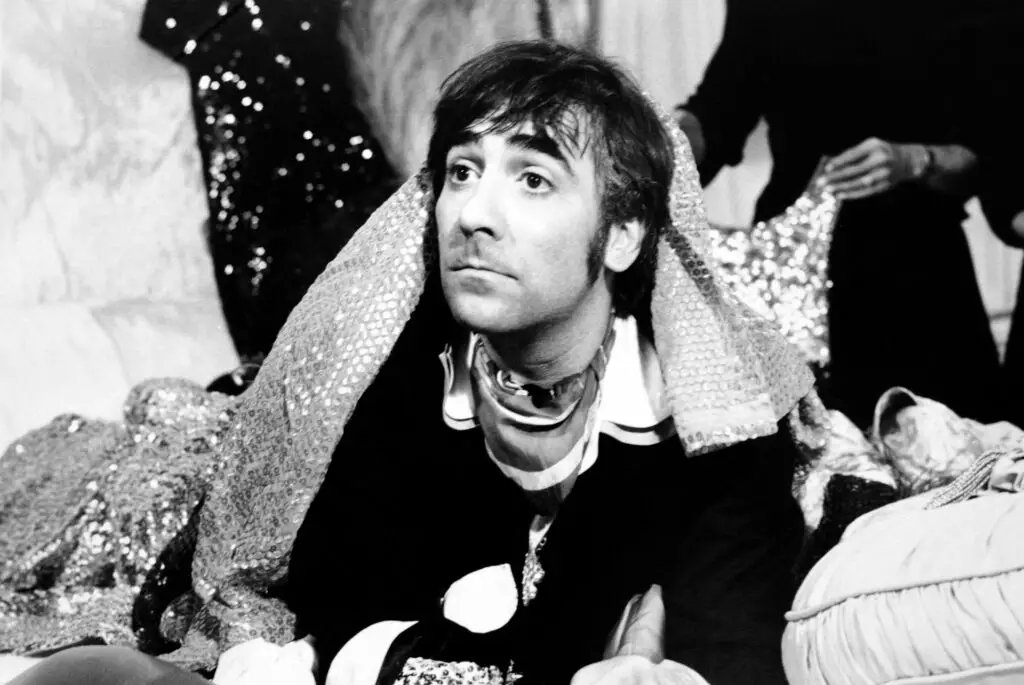
Keith Moon, the legendary drummer of The Who, was known for his wild partying, but his 21st birthday in ’67 set a new standard for destruction. Celebrated at a Holiday Inn in Flint, Michigan, the party quickly spiraled out of control. Moon allegedly drove a car into the hotel pool, set off fireworks indoors, and caused so much damage that the hotel chain banned him for life.
While some details of the night remain exaggerated or debated, there’s no doubt that Moon’s antics were legendary. He was infamous for destroying hotel rooms and throwing furniture out of windows, but the Holiday Inn disaster became his most infamous stunt. Despite the ban, he continued his wild lifestyle until his untimely death in ’78. To this day, the story of his birthday bash remains one of rock’s greatest party tales.
10. Eric Clapton Was Banned from Birmingham Venues After a Drunken Rant
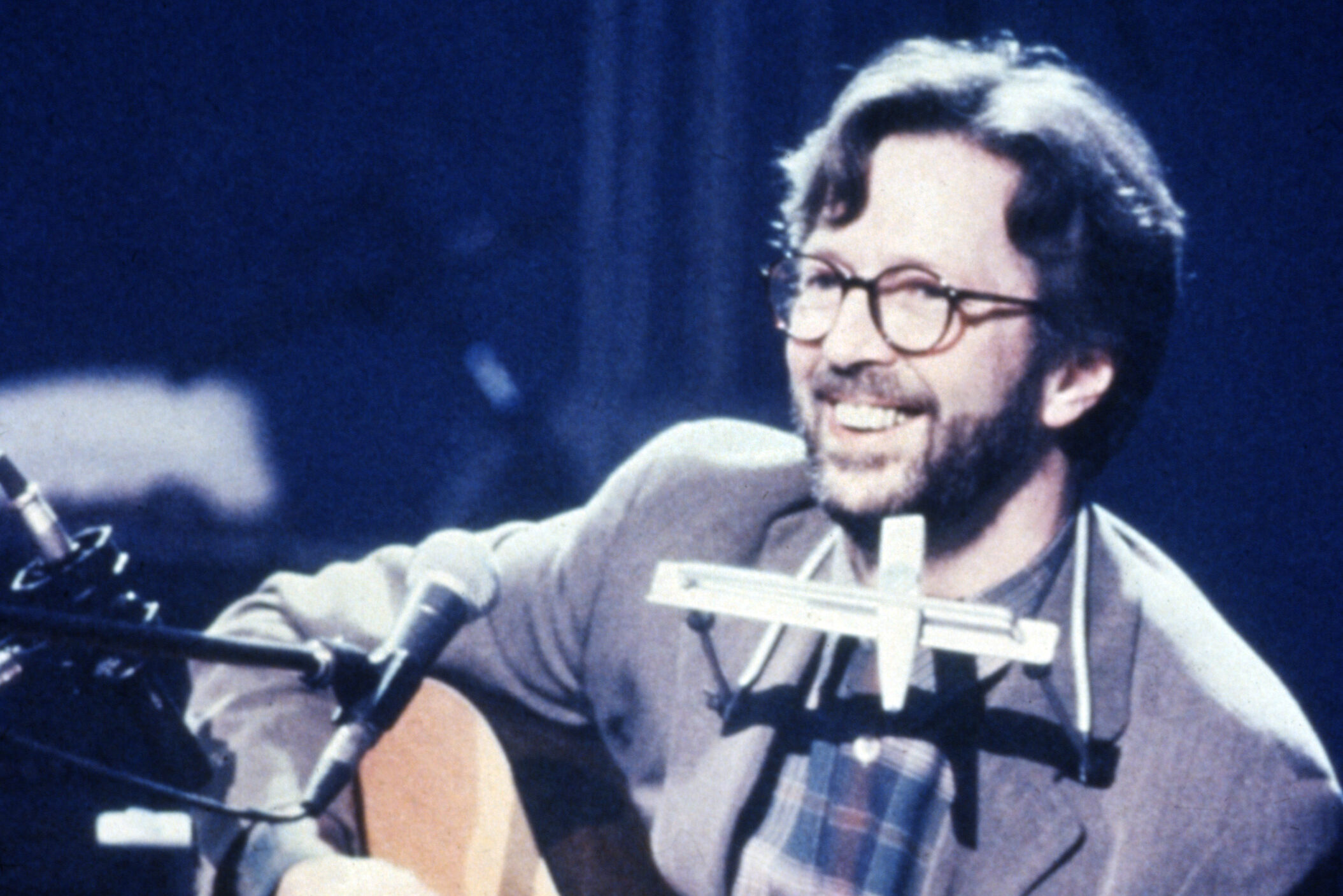
Eric Clapton found himself in hot water in ’76 after making offensive and controversial comments during a concert in Birmingham, England. In a drunken rant, he expressed support for an anti-immigration politician, shocking many of his fans. His remarks led to boycotts, and some venues in Birmingham refused to book him afterward.
The incident sparked the creation of the Rock Against Racism movement, as musicians and fans pushed back against his views. Clapton later apologized, blaming alcohol for his outburst, but the damage was done. The controversy followed him for years, and while he continued to have a successful career, his reputation took a hit. It remains one of the most uncomfortable moments in rock history.
11. Bob Marley Was Banned from Performing in His Own Country at One Point
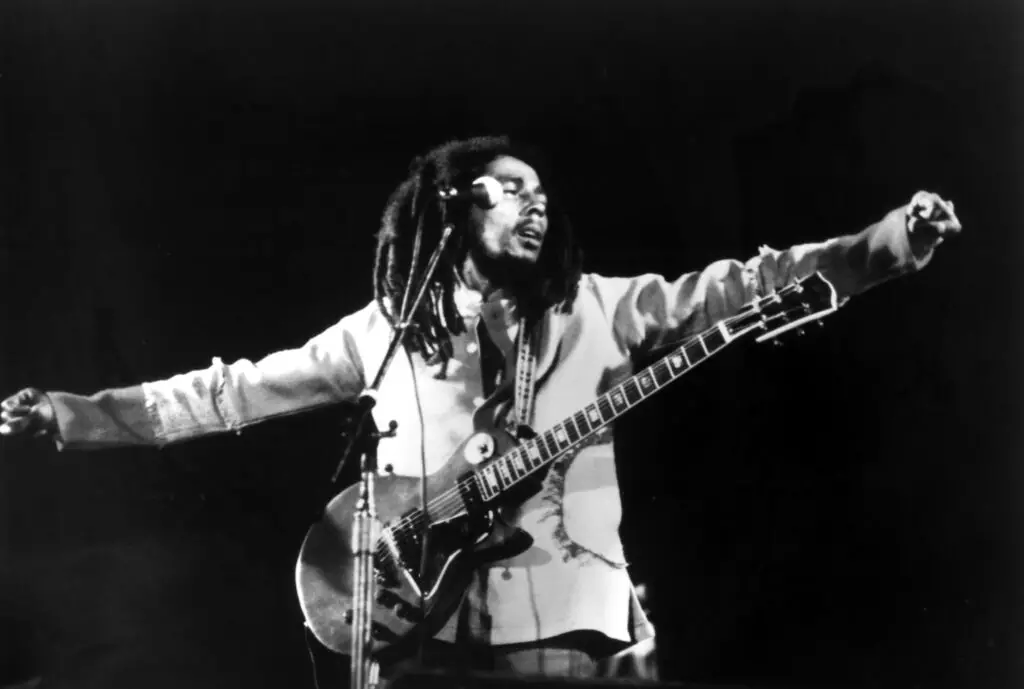
Bob Marley’s music was a powerful force for unity, but in the politically charged atmosphere of ’70s Jamaica, even he faced bans. In ’76, after an assassination attempt at his home, Marley left Jamaica and was unofficially barred from performing there for a time. His association with certain political figures made him a target, and authorities feared his concerts could spark unrest.
Despite the tension, Marley remained committed to using his music for peace. He eventually returned to Jamaica in ’78 for the famous One Love Peace Concert, where he brought rival political leaders together on stage. The event was a defining moment in his career, proving the power of music to heal divisions. But for a time, even his home country tried to silence him.
12. Ozzy Osbourne Was Banned from San Antonio After an Infamous Incident
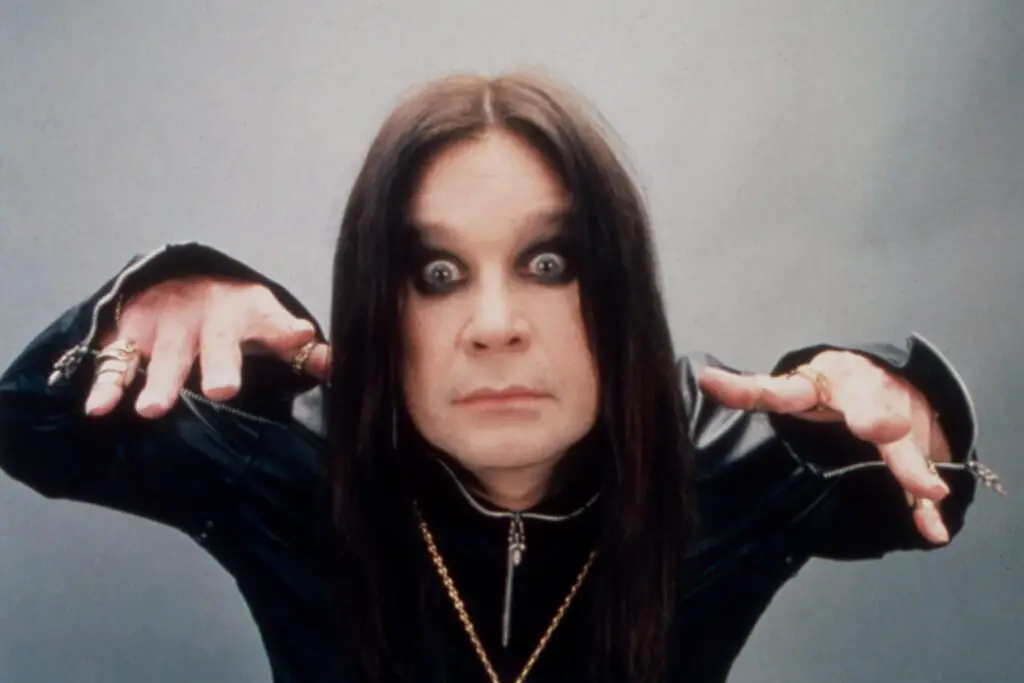
Ozzy Osbourne’s reputation for outrageous behavior hit a new low in ’82 when he urinated on the Alamo Cenotaph in San Antonio, Texas. Dressed in his wife’s dress because she had hidden his clothes to prevent him from going out, Ozzy wandered the streets drunk and relieved himself on the historical monument. Authorities arrested him, and he was immediately banned from ever performing in the city again.
The ban lasted for a full decade before he publicly apologized and donated money to the Daughters of the Republic of Texas. San Antonio eventually forgave him, and he was allowed to return to perform in the ’90s. The incident became one of the most infamous moments in rock history, cementing Ozzy’s image as the ultimate wild man. Even now, it’s a cautionary tale about the consequences of partying a little too hard.
